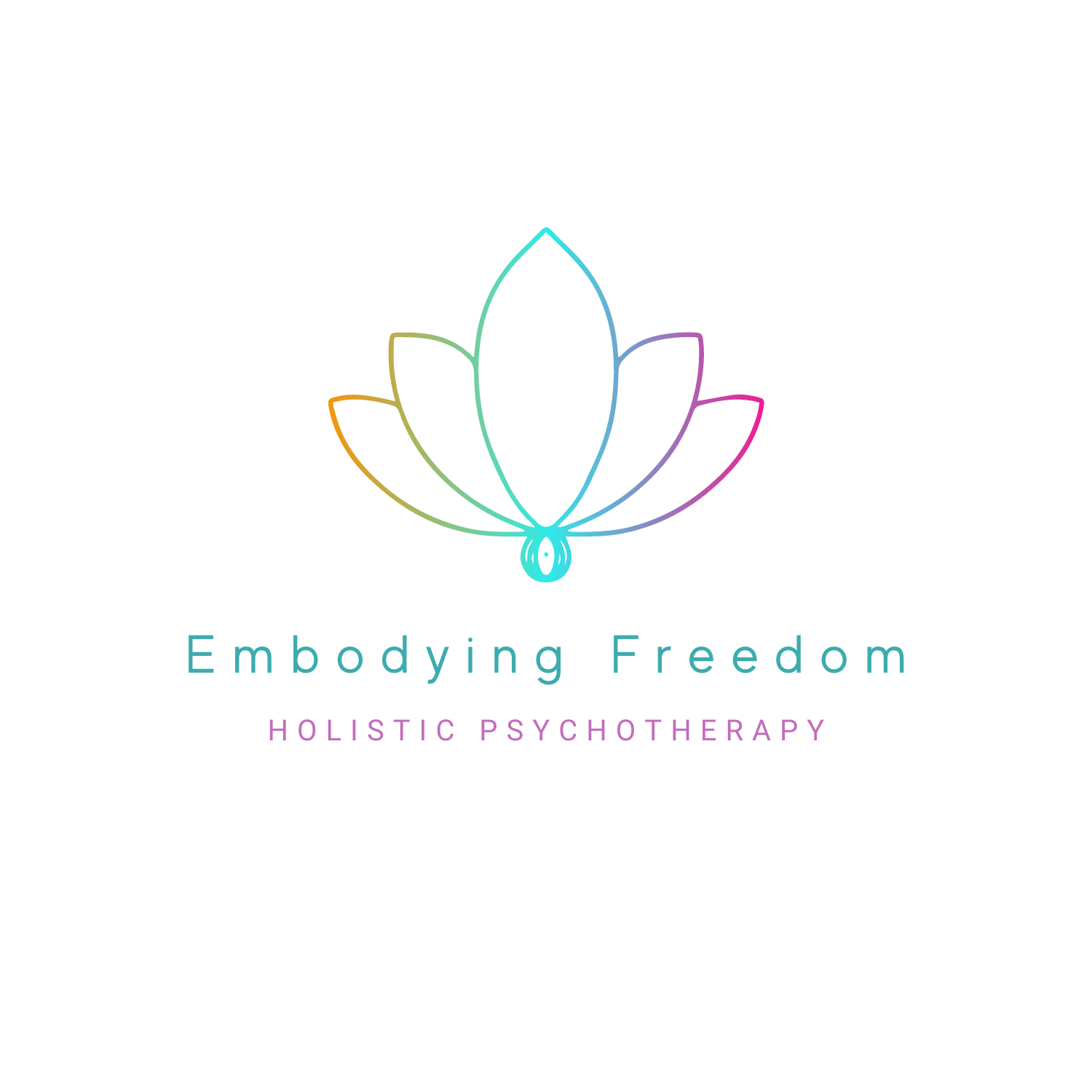My practice primarily focuses on adults with anxiety, trauma and chronic illness but I do also work with other therapists, and sometimes work with first responders. If you are a helping professional, whether a therapist, nurse, other medical provider, or first responder, this year has no doubt taken a toll on you mentally, emotionally and perhaps physically. Likewise, if you have a history of trauma, you may frequently experience a stress response in your body, which can also lead to burnout. Honestly, if you were just a person alive during the global pandemic, you could be experiencing burnout.
Like most social workers, the concept of burnout was drilled into me in school. Burnout happens when you are drained emotionally, physically and mentally. It is a consequence of prolonged stress without adequate opportunities to move out of the stress response. Burnout can happen to anyone in a stressful situation that seems unrelenting.
COVID-19 has probably created a massive increase in the number of people experiencing burnout. There are many things a person can do individually to promote recovery from burnout, and that’s not my focus for this article. My focus instead is to recognize that some reasons for burnout are beyond one’s control. There is a tendency in our society to basically put all the responsibility for stress management, burnout prevention and recovery onto the individual. I feel that this does all of us a disservice. There are systemic issues at play that contribute to these problems, and many frontline workers cannot fight those issues.
For example, if you are working for an organization that focuses on productivity rates, and you are on the verge of burnout, your company telling you to get a massage over the weekend isn’t really enough. Sure, this sort of individual self-care has value, and sometimes it’s all a person can do to fight against burnout. But the conversation on burnout prevention is incomplete unless we address these system-wide issues.
In a society that considers itself socially conscious and evolved, where we have laws against firing people from protected classes, there is still a huge amount of ableism at play in the world of work. Employees are often treated like machines, or like they are disposable. So if you are “doing all the right things” to prevent burnout and are still feeling exhausted and depleted, please understand that you may be dealing with larger mechanisms at play, and we cannot usually resolve those at the level of the individual. It may take a societal shift away from this focus on productivity above everything else. It may take addressing turnover, staffing issues, power differentials and other broad level issues.
In the meantime, continue to take care of yourself as best you can, and recognize that just as the movement of recycling has been pushed onto the individual when the industrial level has a much greater impact, this may also be the case for issues around burnout. We do what we can do, and we accept that some circumstances are beyond our ability to control. Focusing on our own sphere of influence can be empowering, as it helps us see the things we can change instead of feeling disempowered by the things we can’t change. But we also need to keep in mind that burnout solutions will require systematic changes.
Take good care of yourself, and if you are seeking support for burnout recovery, feel free to reach out.

